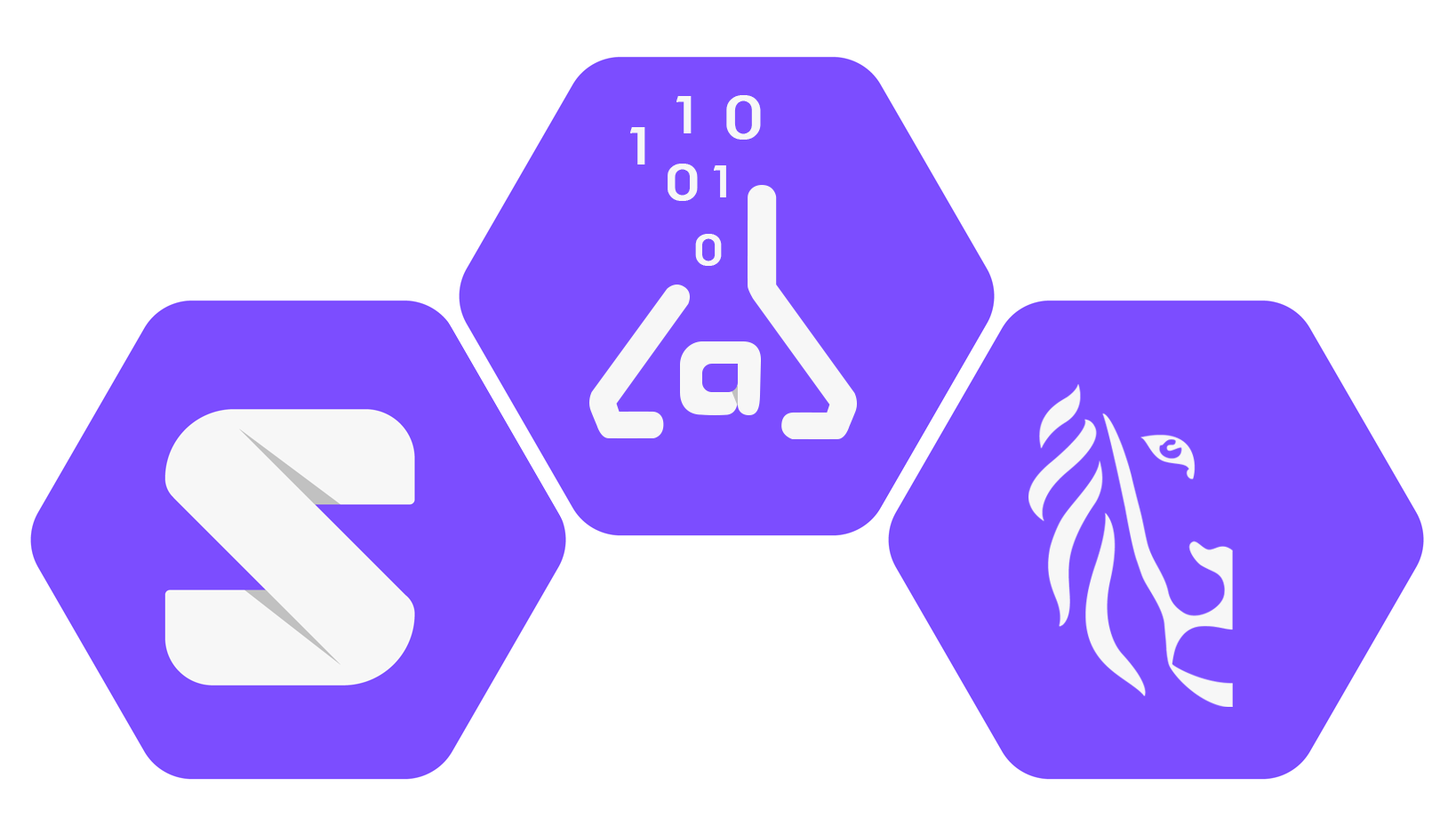Mission statement
SolidLab Flanders has the ambition to make Flanders the leading European knowledge region in the field of personal data spaces and their application in the data economy, in a quadruple helix together with policy makers, citizens and entrepreneurs.
SolidLab Flanders supports data-driven innovation
Flanders is leading the race to set a new standard in data protection. Flanders’ Minister of Economy, Innovation, Work, Social Economy and Agriculture, Jo Brouns, invested EUR 14 million in SolidLab: a 4-year programme (2022-2026) to provide a major boost for the practical implementation of a technology called Solid. Three of Flanders’ leading universities are joining forces in SolidLab Flanders (UGent, KU Leuven and VUB), led by strategic research center imec.
Since February 2022, SolidLab has been the beating heart of global research into the Solid standard and how we bring Solid to the market. As such, SolidLab paves the way for the mission of Athumi — the Flemish data utility company — to allow data to flow more freely in the Flemish and European data economy, with citizens in control of their personal data.
To realize this ambition, SolidLab Flanders focuses on two important components: a technological component with six work packages and a societal component with three work packages. Check out the highlights of SolidLab 2022-2023 for a brief overview of what SolidLab uniquely contributes to the development of the Solid ecosystem.
Solid, a new standard for secure data exchange
The internet has become part of our daily life. Nevertheless, we often worry about the lack of transparency companies show when they collect our data. According to the Solid Monitor, 7 out of 10 Flemish citizens feel the same. Professor Ruben Verborgh (imec), affiliated with the Massachusetts Institute of Technology, is working together with Sir Tim Berners-Lee, the inventor of the World Wide Web, on what they call an extension of the existing internet to safeguard personal data, a technology called Solid.Modern-day companies built their own way of storing and collecting their users’ data. These ‘data silos’ where each company protects its data from others, gives them a competitive advantage in the short term, but hinders data-driven innovation. The alternative proposed by Verborgh and Berners-Lee is a decentralized way of storing data, a personal data pod. From that pod, you have the agency to let your data work for you. In return, organizations that join the ecosystem benefit from reduced data maintenance and can open up new lines of data-driven services.
Helping organizations securely handle citizens’ data
Are citizens ready to embrace data pods? Is this technology suited to help organizations benefit from the new business opportunities of data ecosystems? What potential new revenue models might evolve? How does governance of data accessibility balance the interests of citizens and organizations? The multidisciplinary SolidLab programme aims to answer these and other such questions.Flanders will be the first region in the world to widely implement Solid. In the spring of 2023, Athumi — Europe’s first data utility company — was established to help guard the secure exchange of users’ data between government organizations and businesses in the private sector, as well as in private-to-private data exchange. Curious what use cases are live on Solid and what projects are in the pipeline? Check out the Solid in action snapshot.
Research that can benefit everyone
Data pods are a new idea to most people. Therefore, the development of an intuitive user experience is of the highest importance to SolidLab. Unlike confusing privacy pop-ups on most websites, platforms integrated with Solid will clearly state what personal data the user is sharing. Let yourself be inspired by what a world without cookie pop-ups would look like.
SolidLab Flanders will make all its findings freely available in the form of whitepapers, scientific publications and open-source software. The research project will work closely with tech providers and app developers to boost the widespread adoption of Solid.
We want to provide the tools so that users can regain control over their data and companies become more competitive. We are convinced that Solid will contribute to a paradigm shift in data security awareness while oxygenating the data economy. Flanders’ government strongly believes in Solid and seeks to pioneer the technology on a regional as well as a European level.
Prof. Piet Demeester (imec) head of SolidLab Flanders
